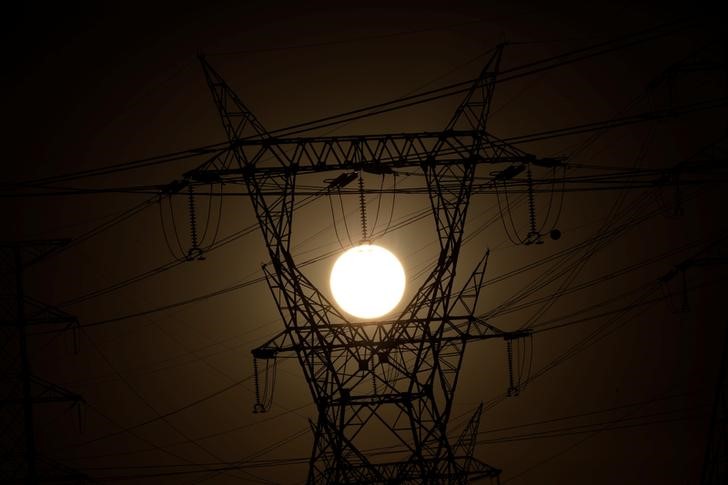Invezz.com - The average annual energy bill in England, Scotland, and Wales is set to rise by 1.2%, increasing to £1,738 from January 2024.
The energy regulator, Ofgem, announced a £21 yearly increase, reflecting the quarterly price cap adjustment for gas and electricity.
The hike follows a 10% rise during the October-December period when the cap was £1,717 annually.
The increase compounds financial pressures for households already grappling with higher inflation, escalating mortgage costs, and potential retail price hikes stemming from last month’s budget changes.
Price cap data shows mixed trends in 2024
While the January price cap of £1,738 is £190 lower than January 2024 and 57% less than its peak during the 2023 energy crisis, it remains significantly higher than the £1,216 cap before Russia invaded Ukraine in 2022.
That geopolitical conflict sent gas prices soaring and nearly pushed energy bills above £4,000 annually, an unprecedented burden for UK households.
The price cap represents the maximum suppliers can charge 26 million households for each energy unit.
Actual costs depend on usage, meaning many consumers may pay more than the average figure.
End of winter fuel allowance adds to pensioner woes
Millions of pensioners will no longer receive the winter fuel allowance after the government introduced a means test for the benefit.
According to the Department for Work and Pensions, this policy change could push an estimated 50,000 pensioners into relative poverty next year and an additional 50,000 by 2030.
Advocacy groups like Age UK have criticized the decision, highlighting the vulnerability of older people who depend on the allowance to manage energy costs during winter.
Labour leader Keir Starmer has supported targeting the allowance for those most in need, urging eligible pensioners to apply for pension credit.
Critics argue that such measures fall short of addressing the broader affordability crisis.
Energy market volatility continues despite falling bills
Cornwall Insight, an energy consultancy, has forecast a slight 1.4% reduction in bills from April 2024, with annual costs potentially decreasing to £1,713.
Experts warn that the market remains volatile due to the lingering effects of the energy crisis.
Dr Craig Lowrey, a principal consultant at Cornwall Insight, emphasized that “normal” energy prices are unlikely to return.
Instead, he described the current state as the “new reality,” underscoring the long-term challenges facing consumers and policymakers.
Switching tariffs could save households £140
Ofgem has encouraged households to explore fixed tariffs, which lock gas and electricity prices for a set period, shielding consumers from further price hikes.
Switching to fixed deals could yield annual savings of up to £140.
The regulator also advised consumers paying their bills via standard credit to consider direct debit options, which could save approximately £100 a year.
Currently, about three million households use standard credit for energy payments.
In the past three months, 1.5 million households switched energy tariffs, reflecting growing consumer interest in mitigating high costs.
Ofgem noted that more competitive tariffs are emerging, providing opportunities for consumers to reduce their bills.
Broader financial pressures exacerbate household strain
The rising energy cap coincides with a challenging economic environment, including increased mortgage rates and inflationary pressures.
Retailers have also warned of potential price hikes following the government’s recent budget revisions, further straining household finances.
Advocates for low-income families and children have called for targeted government support to address these issues.
Organizations like Citizens Advice have warned that without intervention, millions risk being “left in the cold” this winter.
Fixed tariffs, and payment switches offer potential relief
As the energy market stabilizes, consumers are being encouraged to shop around for better deals.
Fixed tariffs, which offer price stability, are gaining traction among households looking to avoid unpredictable price spikes.
However, while fixed contracts provide certainty, they may not allow consumers to benefit from future price drops.
Switching payment methods is another avenue for savings.
Ofgem has highlighted that transitioning from standard credit to direct debit can cut costs significantly, a step that could alleviate some of the financial burden on households during the colder months.
